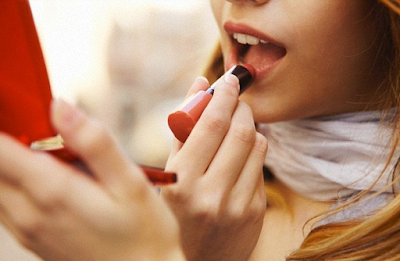Children may develop a sense of self-esteem even before they begin kindergarten, reveals an interesting research.
"We found that by as young as five years of age, self-esteem is established strongly enough to be measured using sensitive techniques," said lead study author Dario Cvencek, research scientist at University of Washington.
Researchers created a Preschool Implicit Association Test (PSIAT), to measure how strongly children feel positively about themselves.
To make the task appropriate for preschoolers, a mix of 234 boys and girls of five-year-old from the Seattle area, replaced words related to the self ("me," "not me") with objects. They used small unfamiliar flags, and where told about "yours" and "not yours".
Using buttons on a computer, children responded to a series of "me" and "not me" flags, using words and pressing the buttons.
The results showed that the five-year-old associated themselves more with "good" than with "bad", and this was equally pronounced in both girls and boys.
A gender identity task assessed the children's sense of whether they are a boy or a girl, called a "gender in-group preference".
Children with high self-esteem and strong sense of gender identity showed preferences for members of their own gender.
"Self-esteem appears to play a critical role in how children form various social identities. Our findings underscore the importance of the first five years as a foundation for life," Cvencek said.
"We found that by as young as five years of age, self-esteem is established strongly enough to be measured using sensitive techniques," said lead study author Dario Cvencek, research scientist at University of Washington.
Researchers created a Preschool Implicit Association Test (PSIAT), to measure how strongly children feel positively about themselves.
To make the task appropriate for preschoolers, a mix of 234 boys and girls of five-year-old from the Seattle area, replaced words related to the self ("me," "not me") with objects. They used small unfamiliar flags, and where told about "yours" and "not yours".
Using buttons on a computer, children responded to a series of "me" and "not me" flags, using words and pressing the buttons.
The results showed that the five-year-old associated themselves more with "good" than with "bad", and this was equally pronounced in both girls and boys.
A gender identity task assessed the children's sense of whether they are a boy or a girl, called a "gender in-group preference".
Children with high self-esteem and strong sense of gender identity showed preferences for members of their own gender.
"Self-esteem appears to play a critical role in how children form various social identities. Our findings underscore the importance of the first five years as a foundation for life," Cvencek said.

